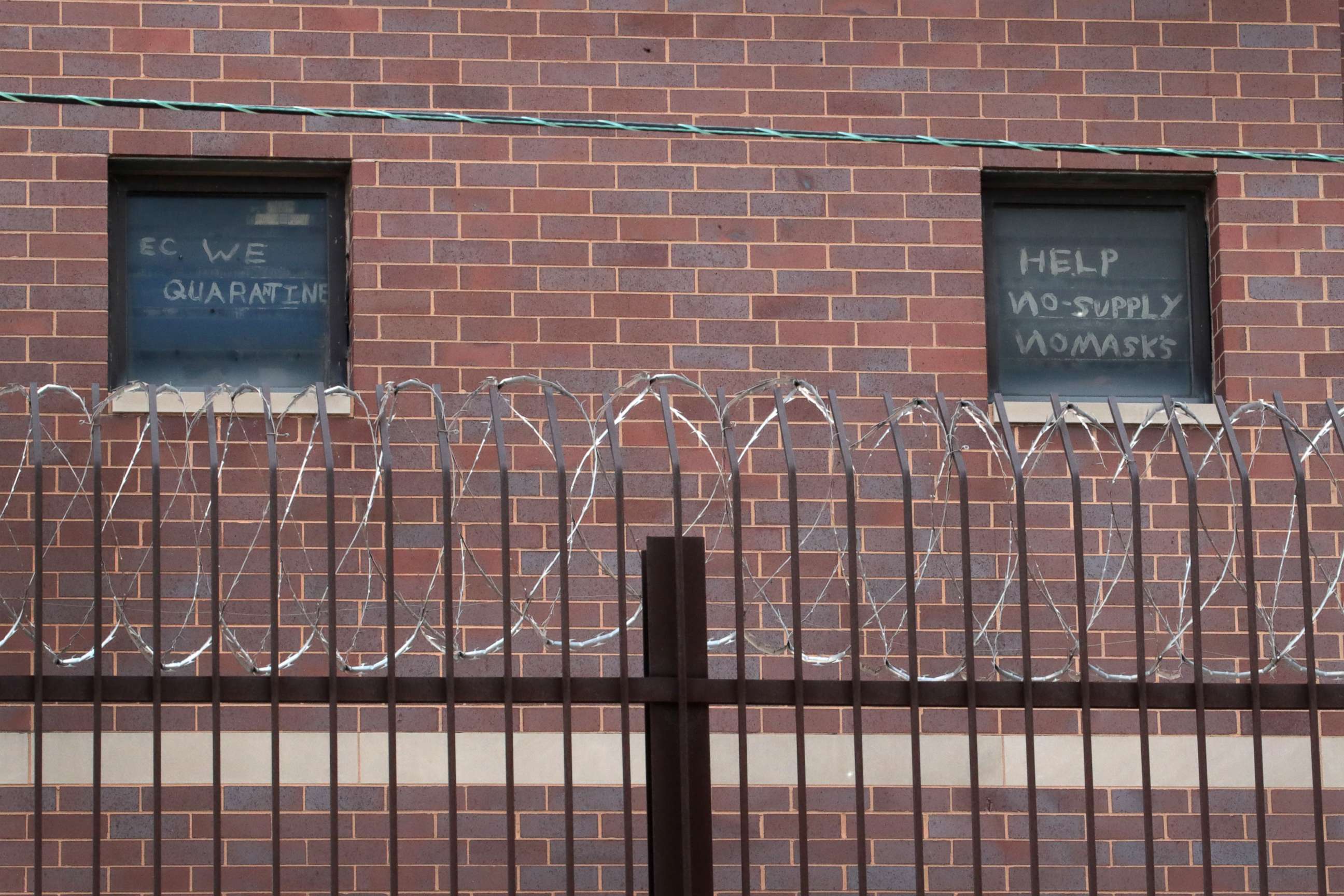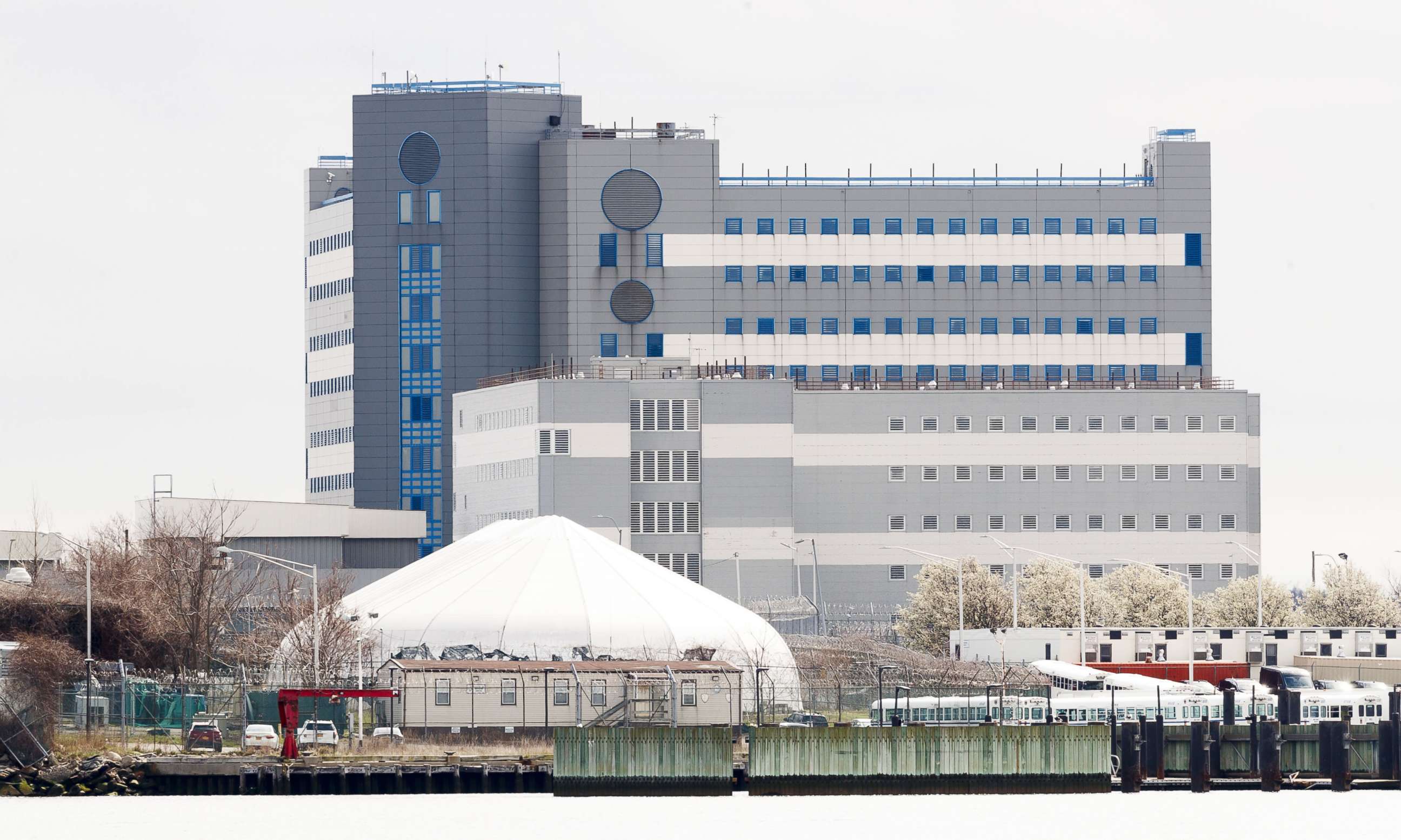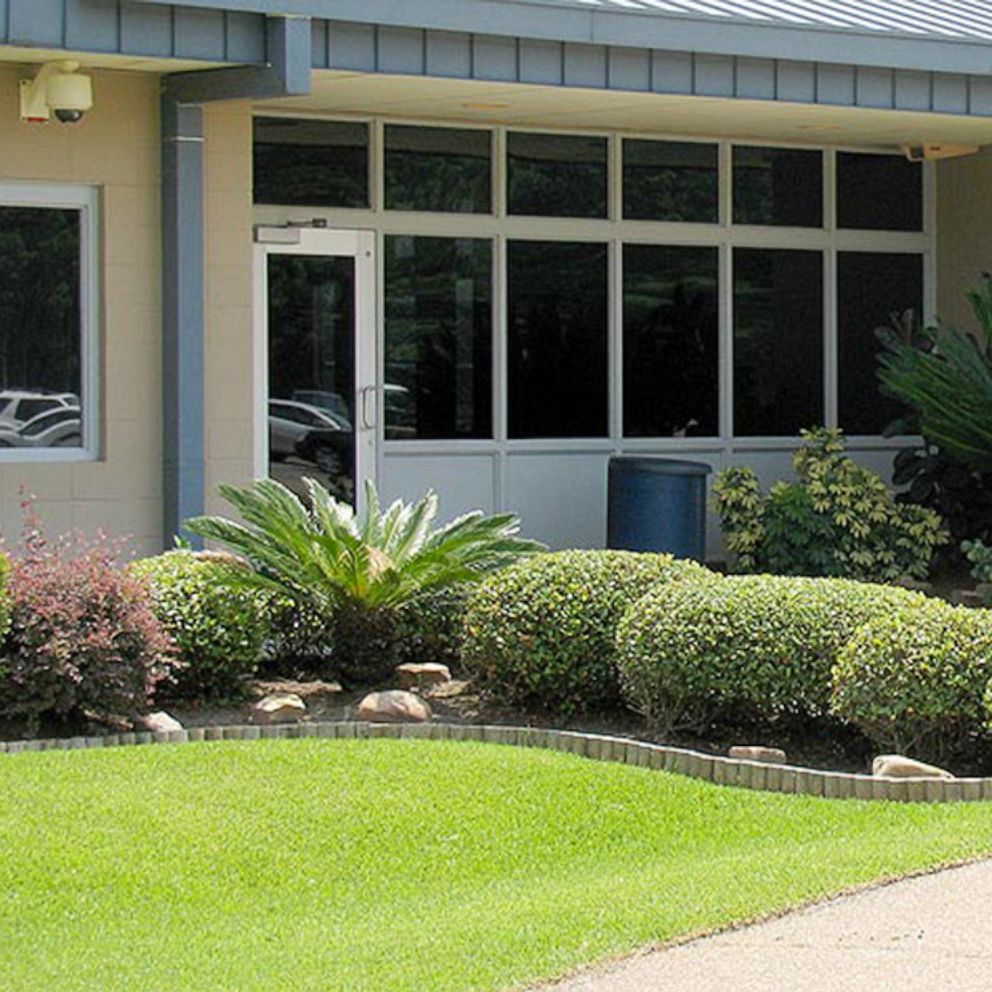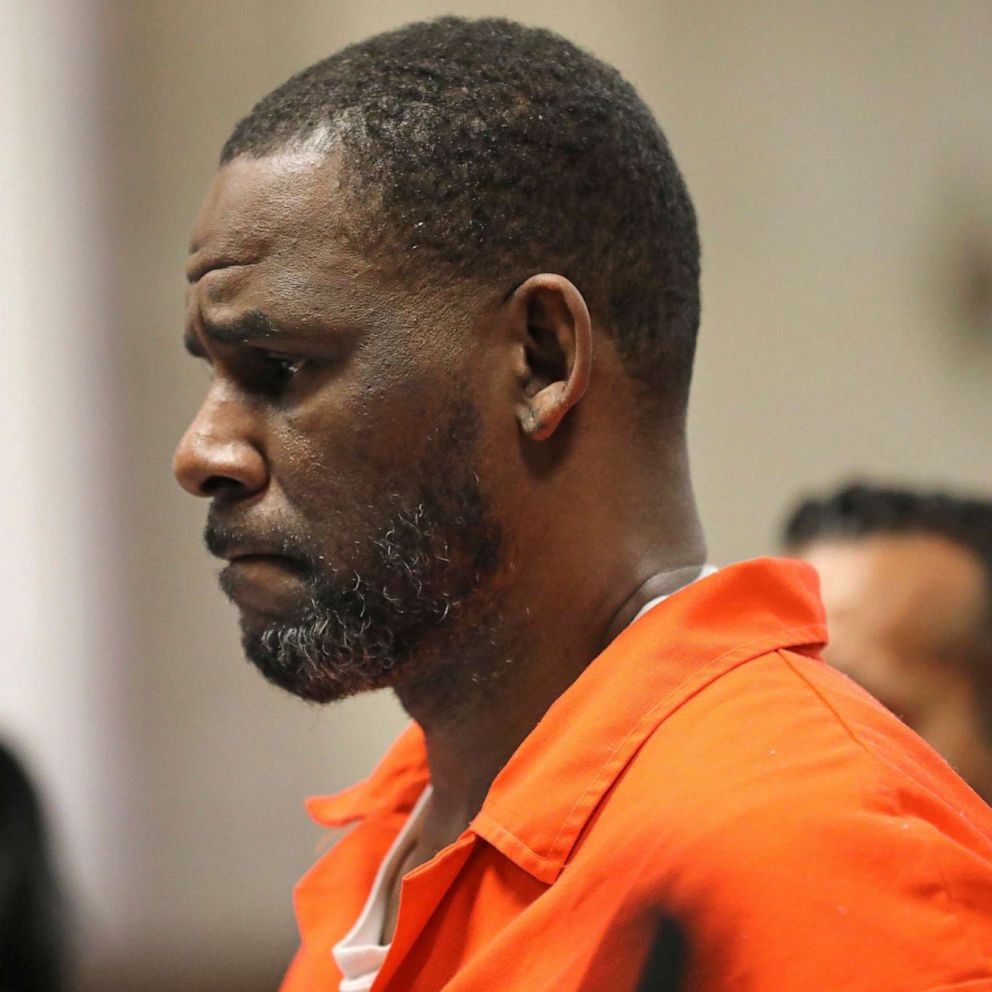ACLU study linked to jails projects coronavirus deaths double US government estimates
The epidemiological model is based on data from 1,200 of the country's jails.
Calling the 1,200 mid-sized to large jails in the nation "veritable volcanoes for the spread of the virus," the American Civil Liberties Union released results on Wednesday of its own epidemiological model projecting a coronavirus death toll in the United States that more than doubles estimates from the federal government.
The ACLU teamed with academic researchers from the University of Tennessee, Washington State University and the University of Pennsylvania to create the model based on data from jails boasting populations of more than 100 and estimating the number of deaths from the contagion is 100,000 more than what the White House Coronavirus Task Force models are projecting.
Udi Ofer, director of the ACLU’s Justice Division, said the government has failed to seriously account for how the normal dynamics of most country jail systems in which people are arrested, booked, held in jails and then released back into the communities is likely fueling the spread of coronavirus, which as of Wednesday morning had killed more than 45,000 people in the United States and infected more than 825,000.
''We are likely facing a massive loss of life, both in jails and in communities around the country, if dramatic steps aren’t taken to reduce the incarcerated population in this country,'' Ofer told ABC News.

Lucia Tian, the ACLU's chief analytics officer, said the group's epidemiological model does not factor in state and federal prisons, where several coronavirus outbreaks have occurred. She also said the study was based on pre-COVID-19 data from jails.
Tian acknowledged that many county sheriffs have taken steps to reduce jail populations, but added: "I don't think enough."
"We are advocating for even more counties to take action to reduce that number," Tian said.
In response to the ACLU study, National Sheriffs' Association Executive Director Jonathan Thompson said in a statement to ABC News that sheriffs across the country are working tirelessly with doctors during the pandemic to make sure jails are as safe as possible.
"The safety of those in their jail is always the top priority to sheriffs, but especially during this pandemic," Thompson said. "It appears some organizations would rather fundraise off the problem than work collaboratively to fix it.''
The White House Cornonavirus Task Force has based its projections on epidemiological models estimating a death toll of 100,000 to 200,000 if strong mitigating steps like home quarantine, social distancing of at least 6 feet, and frequent hand-washing are taken. Many local governments have also required people to wear protective masks in the community.
Back on April 9, Dr. Anthony Fauci, director of the National Institute of Allergy and Infectious Diseases and a chief medical adviser on the White House Coronavirus Task Force, said social distancing and behavior changes are "starting to have a real effect" and that the virus death toll may look "more like 60,000 than the 100,000 to 200,000" initially predicted.
But the ACLU model suggests the task force is underestimating the number of deaths by not factoring in the revolving-door dynamics of the nation's jail systems.

"As a result of the constant movement between jails and the broader community, our jails will act as vectors for the COVID-19 pandemic in our communities. They will become veritable volcanoes for the spread of the virus," reads an academic white paper the ACLU released with the projections of its model.
One of the largest coronavirus outbreaks has occurred at the Cook County Jail in Chicago, where officials have been scrambling to curb the crisis by attempting to reduce its capacity, and opening abandoned buildings to separate inmates. But as of Tuesday afternoon, 235 detainees in custody at Cook County Jail are currently positive for COVID-19 and another 192 had recovered, according to data released by the jail. Six have died while receiving treatment for the virus at local hospitals, including two since Sunday, according to the sheriff's department.
The Cook County data also shows that 180 correctional officers are positive for COVID-19, as well as 30 other Cook County Sheriff’s employees. One Cook County correctional officer has died from coronavirus. Another 120 employees have recovered from the virus and returned to work, according to the sheriff's department.
At the Rikers Island jail in New York City, 367 inmates have tested positive for the virus, according to the Legal Aid Society, which is tracking coronavirus cases at the jail. Two inmates and a corrections officer at the jail have died from the virus, according to the city Department of Correction.
Cook County Sheriff Tom Dart told ABC News last month that blunting the spread of coronavirus at his jail has been "beyond complicated." He said roughly 75% of his jail's 4,800 inmates at the time had been arrested on suspicion of violent crimes and could not be released into the community.
A Florida inmate released on March 19 from the Orient Road Jail in Tampa over concerns of coronavirus, was arrested for shooting a man to death one day after he was freed from the jail, officials said.
But Ofer said the majority of inmates in jails were arrested for non-violent crimes.
"The majority of those cases are people who just can’t afford cash bail. As a national average, that’s about 66% of the jail population, but in some places, it’s like 80% or even higher," Ofer told ABC News. "This is where prosecutors can stop asking for cash bail for pre-trial detention, other than in those rare circumstances."
He added that only 5% of jail inmates have been arrested for offenses the FBI has identified as violent, including murder, rape, robbery and aggravated assault.
Preliminary data released by the FBI in January showed an overall decrease of 3.1% in the number of violent crimes that occurred in the first six months of 2019 compared to the same period in 2018, with robberies down 7.4%, rapes falling 7.3%, and murder and non-negligent manslaughter cases dropping 3.9%.
The ACLU has filed several class-action lawsuits on behalf of jail and prison inmates, claiming authorities who run the institutions are not complying with public health guidelines on handling high-risk inmates. It has also filed suit against the Federal Bureau of Prisons (BOP), claiming authorities are "slow-walking" on releasing inmates who are eligible to be freed under Attorney General William Barrs' directives.
In a statement to ABC News, the BOP said it has "taken, and will continue to take, aggressive steps to protect the safety and security of all staff and inmates as well as visitors and members of the public" in federal prisons and detention centers nationwide.
But Ofer said the ACLU's epidemiological model was not created to bolster the organization's lawsuits.
"This needs to be part of the public health response to COVID-19 right now," Ofer said. "This is not about political opportunism, this is not about taking advantage of the situation. This is about what can we do as a nation to save tens of thousands of lives."
What to know about the coronavirus:
- How it started and how to protect yourself: Coronavirus explained
- What to do if you have symptoms: Coronavirus symptoms
- Tracking the spread in the U.S. and worldwide: Coronavirus map
Tune into ABC at 1 p.m. ET and ABC News Live at 4 p.m. ET every weekday for special coverage of the novel coronavirus with the full ABC News team, including the latest news, context and analysis.







